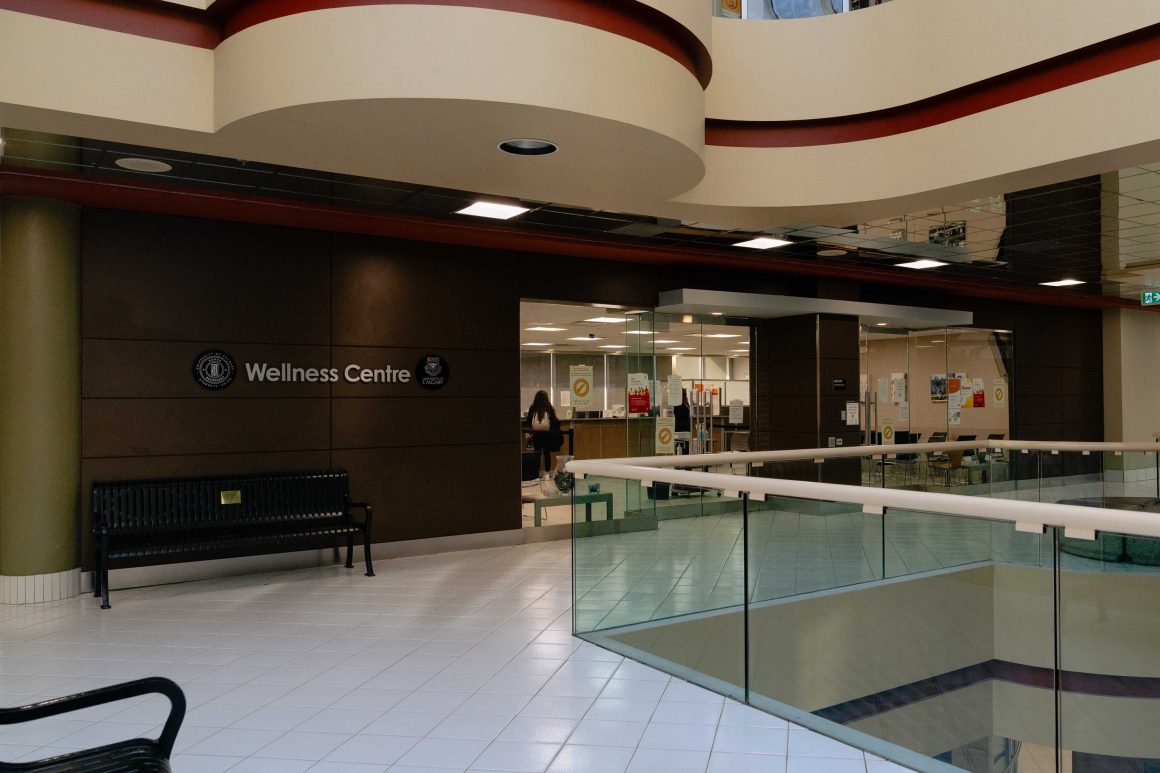
UCalgary’s groundbreaking approach to addiction recovery support
By Josie Simon, November 15 2024—
At the University of Calgary, something special is happening. The university is truly stepping up to support students navigating the tough waters of addiction. Through various initiatives and resources, they’re reaching out to those in need, making it clear that you are not alone on this journey and that help is readily available.
At the heart of this effort is the UCalgary Recovery Community (UCRC), a groundbreaking initiative that’s the first of its kind in Alberta. It’s a warm and welcoming space where students, faculty and staff can come together, share their stories, and find support.
Chris Melendez, a proud University of Calgary graduate, shares the profound impact of community. His insights remind us how powerful it can be to connect with others who understand what you’re going through.
Dr. Victoria Burns is the heart and soul behind UCRC. She knows firsthand how crucial it is to have supportive spaces. Her passion is palpable, stemming from her own experiences, and she’s dedicated to ensuring no student has to feel isolated in their struggle.
“Providing a dedicated space is one of the best practices in supporting recovery, wellness and inclusion,” she shares.
The support offered through UCRC includes peer meetings, one-on-one sessions with social workers and fun, substance-free events that help build connections and foster hope.
The university is also proactive with programs like “Harm Reduction 101.” These workshops not only teach students practical skills to navigate substance use but also focus on keeping them safe in a high-pressure environment.
Chelsea Graham, who coordinates the Recovery on Campus program, understands the challenges students face. “There’s a lot of pressure to drink and party, which can make it difficult for campus members,” she points out. By facing these issues head-on, UCalgary creates an environment where students can make choices that feel right for them.
Given that roughly 25 per cent of young people aged 18–25 deal with substance use issues, UCalgary is not just talking about recovery; they’re opening up real pathways to healing.
Dr. Burns is passionate when she says, “Recovery needs to be a strategic priority … it saves lives; it saved my life.” Her enthusiasm is infectious, encouraging everyone around her to engage in important conversations about addiction and recovery.
Normalizing the recovery process on campus is another key ambition for UCalgary.
“We’re trying to normalize the idea you can have fun and not use substances,” Dr. Burns explains. This message hits home for many students, encouraging them to explore how to have enjoyable social experiences that do not revolve around drinking.
The University of Calgary is leading by example in supporting students facing addiction, proving that compassion and actionable steps can make a difference. Initiatives like the UCalgary Recovery Community (UCRC) and harm reduction workshops reflect a genuine commitment to creating an environment where all students can thrive.
This goes beyond just having the right policies; it’s a collective responsibility. If universities truly want to support their students, they need to tackle addiction openly and acknowledge it as a vital part of student wellness and academic life.
By adopting UCalgary’s approach, other universities can craft healthier, more inclusive campuses, empowering students who are struggling and building a community of resilience and support for those who need it most.
This article is a part of our Opinions section and does not necessarily reflect the views of the Gauntlet editorial board.
